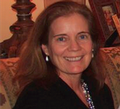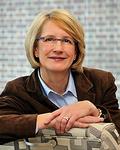Cited By
View all- Robledo Yamamoto FBarker LVoida A(2024)Faculty, Student, and Community Partner Experiences in Computer and Information Science Service LearningACM Transactions on Computing Education10.1145/365467824:3(1-26)Online publication date: 27-Mar-2024
- Robledo Yamamoto FBarker LVoida A(2023)CISing Up Service Learning: A Systematic Review of Service Learning Experiences in Computer and Information ScienceACM Transactions on Computing Education10.1145/361077623:3(1-56)Online publication date: 12-Sep-2023
- Sun CClarke-Midura J(2022)Recruiting K-12 youth into computer scienceACM Inroads10.1145/352491613:2(22-29)Online publication date: 17-May-2022
- Show More Cited By





